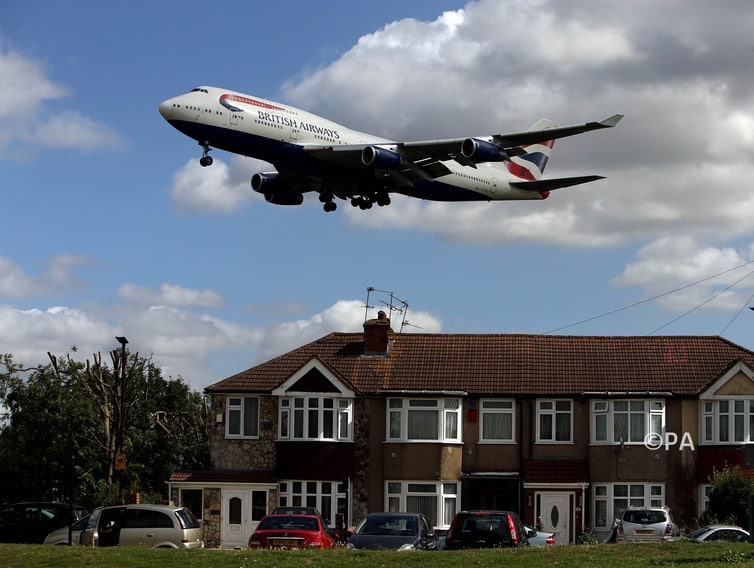The Doping Crisis’ Credibility Costs
Anti-doping is in crisis. Russia has created a real dilemma as the World Anti-Doping Authority (WADA) and the International Olympic Committee agonise over the extent and nature of sanctions after doping revelations. Kenya is struggling to meet the requirements that will allow it to take part at the Olympics.





